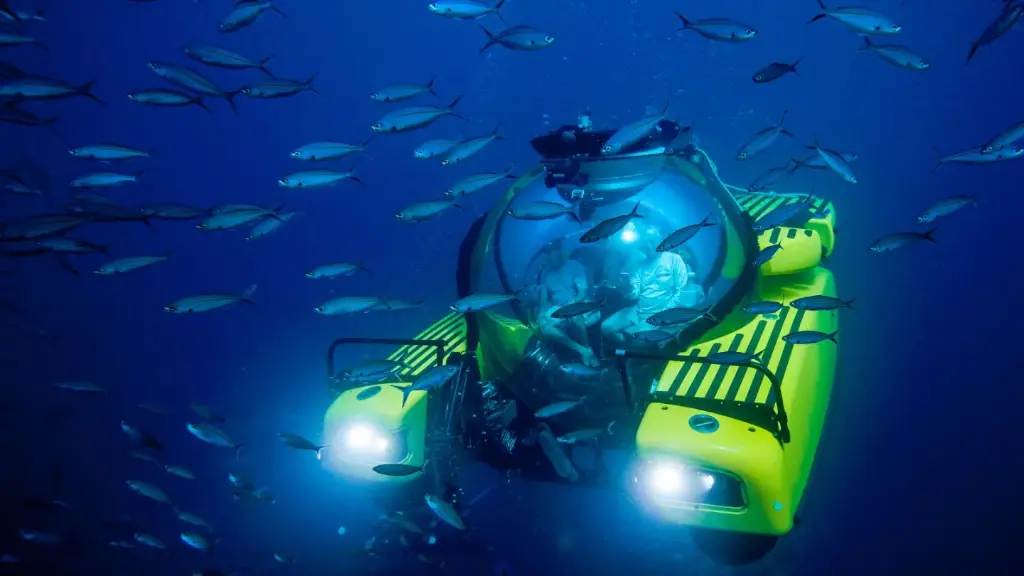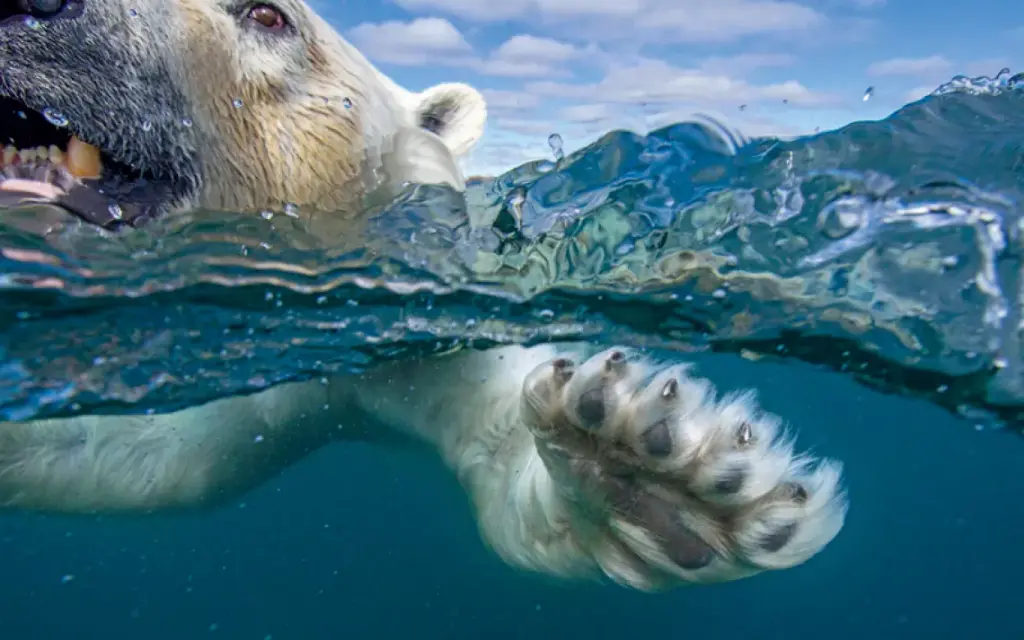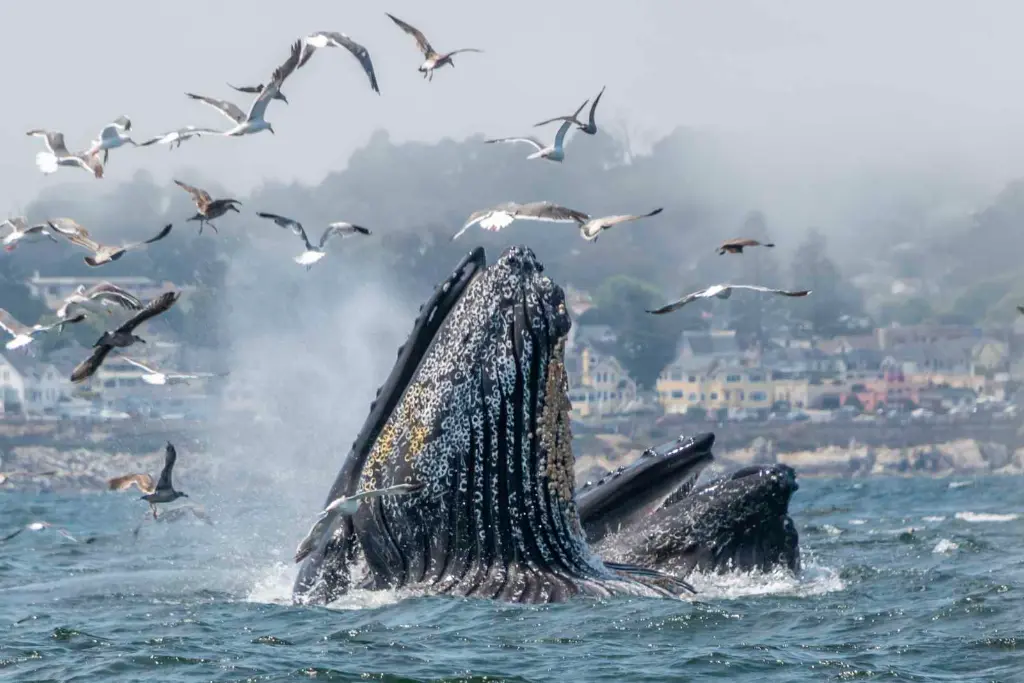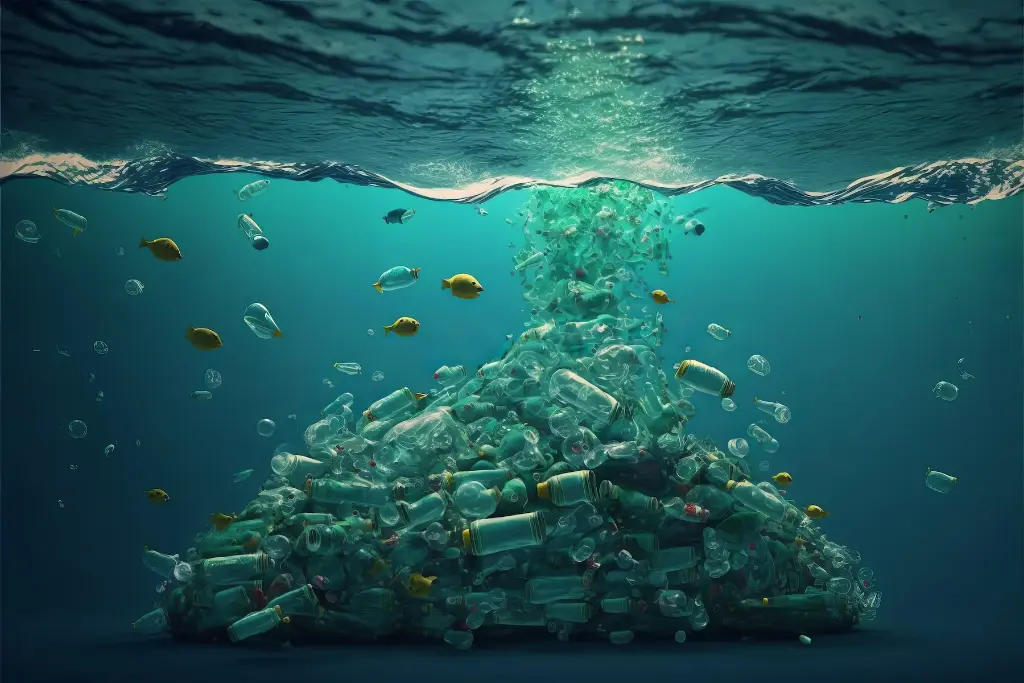The Earth’s climate and ocean health are intricately linked, and understanding this connection is crucial for addressing some of the biggest environmental challenges we face today. Climate change, largely driven by human activities, is significantly impacting our oceans, with far-reaching consequences for marine life and coastal communities. This overview explores the key aspects of this critical relationship.
The Impact of Climate Change on Our Oceans
The ocean acts as a massive carbon sink, absorbing a significant portion of the carbon dioxide (CO2) released into the atmosphere. While this helps mitigate the severity of climate change, it also leads to several detrimental effects on ocean health.
Ocean Acidification
As the ocean absorbs CO2, it becomes more acidic. This process, known as ocean acidification, reduces the availability of carbonate ions, which are essential for marine organisms like shellfish, corals, and plankton to build their shells and skeletons. This can weaken or even dissolve these structures, impacting the entire marine food web.
Rising Sea Temperatures
Climate change is causing ocean temperatures to rise. Warmer waters can lead to coral bleaching, the mass migration of marine species seeking cooler habitats, and changes in ocean currents. These shifts can disrupt marine ecosystems, affecting fisheries and coastal economies.
Sea Level Rise
Melting glaciers and ice sheets, coupled with the thermal expansion of water as it warms, are causing sea levels to rise. This threatens coastal communities with increased flooding, erosion, and saltwater intrusion into freshwater sources.
Changes in Ocean Currents
Melting ice and changes in water density can alter ocean currents, impacting weather patterns, nutrient distribution, and marine life migration routes. These shifts can have cascading effects on marine ecosystems and global climate.
Key Features & Impacts: A Summary
| Feature | Impact on Ocean Health | Connection to Climate Change | Potential Consequences |
|---|---|---|---|
| Ocean Acidification | Reduced availability of carbonate ions, hindering shell and skeleton formation. | Increased absorption of atmospheric CO2. | Weakening of marine food webs, coral reef degradation, decline in shellfish populations. |
| Rising Sea Temperatures | Coral bleaching, species migration, changes in ocean currents. | Increased global temperatures due to greenhouse gas emissions. | Disruption of marine ecosystems, fisheries declines, altered weather patterns. |
| Sea Level Rise | Coastal flooding, erosion, saltwater intrusion. | Melting glaciers and ice sheets, thermal expansion of water. | Displacement of coastal communities, loss of coastal habitats, damage to infrastructure. |
| Changes in Ocean Currents | Altered nutrient distribution, disrupted marine life migration. | Melting ice and changes in water density. | Cascading effects on marine ecosystems, changes in regional climate. |
What Can Be Done?
Addressing the impacts of climate change on ocean health requires a multifaceted approach. This includes:
- Reducing Greenhouse Gas Emissions: Transitioning to renewable energy sources, improving energy efficiency, and promoting sustainable transportation.
- Protecting and Restoring Coastal Habitats: Conserving mangroves, salt marshes, and seagrass beds, which act as natural buffers against sea level rise and provide vital habitat for marine life.
- Promoting Sustainable Fisheries: Implementing responsible fishing practices to prevent overfishing and protect marine ecosystems.
- Reducing Pollution: Minimizing plastic pollution and other pollutants that harm marine life and degrade ocean health.
- Supporting Research and Monitoring: Investing in research to better understand the complex interactions between climate change and the ocean, and to develop effective solutions.
Conclusion
The health of our oceans is intrinsically linked to the global climate. By understanding the profound impacts of climate change on our oceans and taking decisive action to mitigate these effects, we can protect these vital ecosystems for future generations. It’s a collective responsibility that requires global cooperation and a commitment to sustainability.




